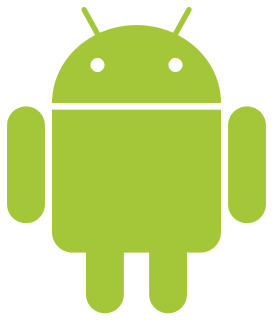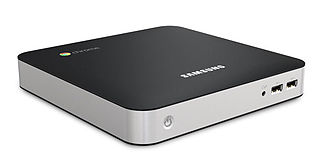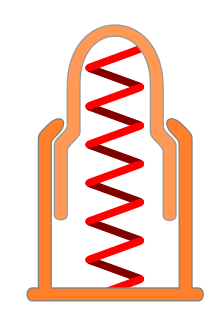
Netbook is a generic name given to a category of small, lightweight, legacy-free, and inexpensive laptop computers that were introduced in 2007. Netbooks compete in the same market segment as mobiles and Chromebooks.
A pixel is the base element of a digital image in computer graphics.
A mobile operating system is an operating system for phones, tablets, smartwatches, or other mobile devices. While computers such as typical laptops are 'mobile', the operating systems usually used on them are not considered mobile ones, as they were originally designed for desktop computers that historically did not have or need specific mobile features. This distinction is becoming blurred in some newer operating systems that are hybrids made for both uses.

Google I/O is an annual developer conference held by Google in Mountain View, California.
Mobicip is a cloud-based Internet filter and parental control service that works on all major platforms of mobile Internet devices. Mobicip is supported on various types of devices used by families such as the iPhone, iPod Touch, iPad, Android, Windows, macOS and Chromebook. Mobicip was launched in 2008. Mobicip used to be a safe browser app but is now a VPN on iOS & Android that filters any browser. Mobicip is a parental control application that protects internet, regulates screentime, allows/blocks apps and tracks location as well, while allowing parents to customize the configuration and view activity reports. Using the web-based or mobile applications, parents can customize the filter to set up whitelists and blacklists, block categories of websites, and manage users and devices. In addition, the application lets parents monitor the Internet activity on the device, group the activity by user, by allowed or blocked websites, sort by time etc.

A list of Android -related topics

The following outline is provided as an overview of and topical guide to Google:

A 2-in-1 PC, also known as a 2-in-1 tablet, 2-in-1 laptop, 2-in-1 detachable, laplet, tabtop, laptop tablet, or simply 2-in-1, is a portable computer that has features of both tablets and laptops.

A Chromebox is a small form-factor PC running Google's Chrome OS operating system. The device debuted in May 2012.
The HP Slate 7 is a 7-inch Android 4.1 tablet that was announced on February 24, 2013 and that started shipping in April 2013. It has a stainless-steel frame, black front, and gray or red soft-touch back. A key feature of this small tablet is the microSDHC slot. It is HP's second Android device.

The ThinkPad Yoga is a 2-in-1 convertible tablet from Lenovo unveiled in September at the 2013 IFA in Berlin, Germany. It was released in the United States in November 2013.

Android Runtime for Chrome (ARC) is a discontinued compatibility layer and sandboxing technology for running Android applications on desktop and laptop computers in an isolated environment. It allowed applications to be safely run from a web browser, independent of user operating system, at near-native speeds. It has since been discontinued after Google developed another method to run Android apps on Chrome OS devices.

Pixel C is a 10.2-inch (260 mm) Android tablet developed and marketed by Google. The device was unveiled during a media event on September 29, 2015, On October 9 2018, it was succeeded by the Pixel Slate.

Fuchsia is a capability-based operating system currently being developed by Google. It first became known to the public when the project appeared on GitHub in August 2016 without any official announcement. In contrast to prior Google-developed operating systems such as Chrome OS and Android, which are based on the Linux kernel, Fuchsia is based on a new microkernel called Zircon.














